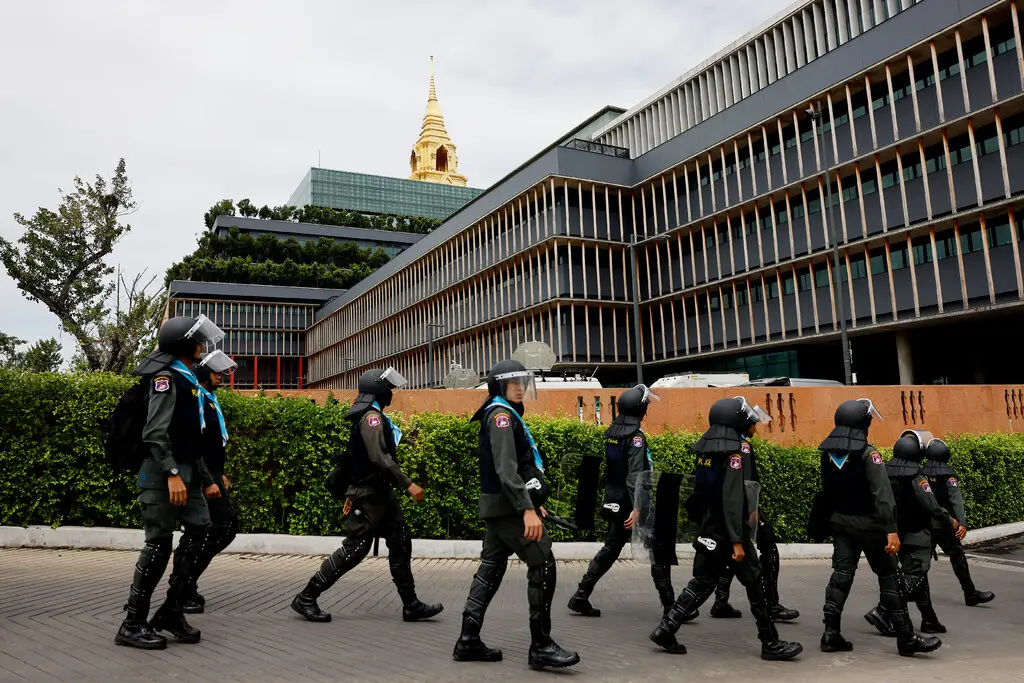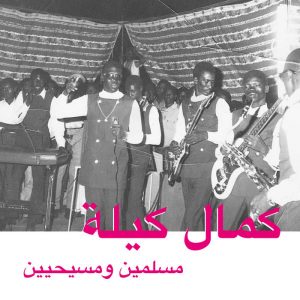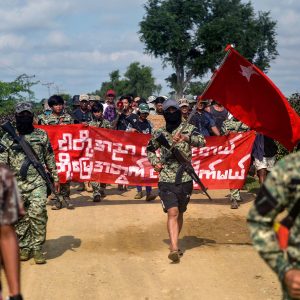After four months of political limbo, yet another dramatic episode of Thai politics drew to a close. The general elections in May offered a scathing rebuke of the military-backed government. The progressive Move Forward Party (MFP), led by Pita Limjaorenrat, pulled a huge upset that headed 151 out of 500 seats in the lower House of Representatives with a record turnout of 75% of eligible voters. Despite the MFP’s strides, on August 22, Srettha Thavisin of the second-place Pheu Thai party was chosen as Prime Minister. He takes over a country whose economy has lagged behind its neighbors, and whose political stability stands on a knife’s edge. The government confronts the excruciating task of bringing the economy back on track all while trying to diffuse the tensions that have festered for decades.
For many, the failure of Pita’s bid to become PM was not surprising. Pita himself remarked that “it’s something that was pre-planned.” Thailand’s political apparatus, rewritten after half a decade of dictatorship, has made it nearly impossible for anti-military governments to defy the military. Pita, though he was likely aware of this himself, has been handed a lesson in why he shouldn’t have tried. Whether this new government, led by the runner-ups in the election, will fulfill its promises and stand the test of time in this drawn-out drama is far from guaranteed.
Taking Down Pita’s Government
The MFP stunned the military establishment by comprehensively sweeping the general election, winning 32 of the 33 seats for Bangkok, the capital, and a further 119 seats in other provinces. Pre-election polling predicted that Pheu Thai, the populist political party loyal to exiled former PM Thaksin Shinawatra, would capture the most seats and lead a new government coalition. Thaksin was ousted in a coup in 2006 that triggered a conflict between poorer Thais and the socioeconomic and royalist elite, which descended into a power struggle between the pro-democracy and pro-military camps. Thaksin has since lived in self-exile until Pheu Thai and the military government agreed on his return in their new pact. The 74-year-old continues to cast a large shadow over Thai politics.
Pita’s MFP was a dark horse in this year’s election, with policies seen as too radical to capture the support of enough voters. The party’s commitments to reforming Section 112 of the Constitution, which criminalizes anyone who insults the powerful monarchy, and reforming the military struck a nerve in Thailand’s conservative base. It is the first time the topic of the royal insult law has so much as been raised in the Thai parliament, where proponents argue that it is being used to stifle any dissent. Lawmakers have pledged either to support or reform the controversial law. However, much of the military-appointed senate has made it clear that they will not endorse any government that aims to reform Section 112.
With the MFP’s sudden upset, the establishment was thrown into disarray—but fortunately for pro-establishment actors, various systems have been implemented to prevent Pita’s premiership from coming to fruition. The Prime Minister is selected via a joint vote from both houses of parliament: 250 senators and 500 representatives. The 250 Senatorial seats are hand-picked by military leaders and have an equal voice in choosing a Prime Minister. Consequently, a Prime Ministerial candidate now needs 376 votes rather than 251 to command a majority. Without the support of the junta-appointed senate, Pita’s coalition fell short at the first bid and he was not elected.
Just before his second bid a week later, Pita was suspended from parliament pending investigations over shares that he previously reported. To put a final nail in the coffin, conservative lawmakers overwhelmingly voted to disallow candidates from running for Prime Minister twice, a new precedent that effectively ended Pita’s bid for Prime Minister. Instead, forming a government required runner-up Pheu Thai to break their campaign promise and form a Memorandum of Understanding with MFP to form a coalition government with military-backed parties, which elected Srettha with support from the Senate. The MFP, which received more votes than any party in Thailand’s history, was relegated to the opposition of a government under immense pressure to deliver results.
Promises of a New Government
Political deadlock was the last thing that Thailand wanted. Economic recovery from the pandemic was already slower than expected, owing to factors like China’s struggles to reopen its borders and tourism rebounding slower. The outgoing government, led by 2014 coup leaders Generals Prayuth Chan-O-Cha and Prawit Wongsuwan, had been heavily criticized for creating an authoritarian regime and generally mismanaging the economy, stifling growth. The added uncertainty of the election pushed investor confidence lower, leaving the government with an uphill battle during its four-year term.
As a former real estate developer and the sitting Minister of Finance, Srettha will be under added scrutiny over his ability to bring the Thai economy back on track. He vowed to take quick steps to relieve Thailand’s soaring public and household debt, both of which have risen rapidly in the post-Covid years. The long-term goals cited in the policy statement include boosting international trade, supporting start-ups, investing in transport infrastructure, and improving agricultural production. He also made further promises to try amending the current constitution, drafted by the military junta before the 2019 general election.
Reinvigorating the economy is at the forefront of this government’s priorities. For now, it seems to be working. Even just concluding the election was a significant confidence booster for foreign investors, who hope Thaksin’s return and Srettha’s promises will bring better economic stability. However, Srettha’s pledge to provide a stimulus package in the coming months has raised concerns about adding to Thailand’s debt problems. Ultimately, long-term economic performance depends on whether Pheu Thai’s policies can be implemented successfully.
What Comes Next?
One of the few constants in Thai politics is its inconsistency. Since 1945, Thailand has held the undesirable title of the country with the most successful coups; the last two were against Pheu Thai-elected Prime Ministers. The military has been intimately involved with the government since the Siamese Revolution of 1932. It also has close ties with Thailand’s powerful monarchy. Takeovers function as a near-inevitable instrument of the state, one often played when the military feels that its position is threatened. In many ways, Pita’s failure to be elected Prime Minister is an extension of that reality. Despite the resounding opposition reflected in May’s elections, the military clings to power.
Recent years have demonstrated much stronger opposition against Prayuth’s military government and their rollback of democratic space. Particularly sensitive to many young Thais is the Section 112 provision in the constitution, which has been applied more strictly following Prayuth’s coup and the ascension of King Rama X. Supporters of the law argue that it is necessary to maintain national security and protect Thai values. After all, the country is officially known as the Kingdom of Thailand. However, among younger voters who will be the backbone of Thailand’s future electorate, calls for reforming Section 112 are becoming increasingly popular. The MFP’s unexpected victory in this year’s election serves as an omen to how future elections may play out even if the party is dissolved.
If, or most likely when, progressive politics makes a resurgence in coming elections, the military may once more resolve to suppression by force. Protests and crackdowns are a common feature of Thai politics that will only bring further division and instability, creating social unrest and economic stagnation at a crucial time for Thailand’s development. The country is also an influential actor in Southeast Asia, a region whose importance on the geopolitical stage is growing. This makes it all the more important that the military stay out of politics.
Reforming the military in a country where the military has not been afraid to use force on its own citizens is dangerous, but it must be done. For too long, Thais have lived under the yoke of institutions that abuse their power. Politics runs much deeper than just at the polls, and challenging the status quo will be an extremely arduous affair. It will require a drastic change in policy and sentiment at every level. The results of this election may have closed a two-decade chapter in Thai politics, but it sets the stage for a new generation of Thais to bridge the divide.
Feature Image Source: The New York Times (Lauren Decicca/Getty Images)






Comments are closed.